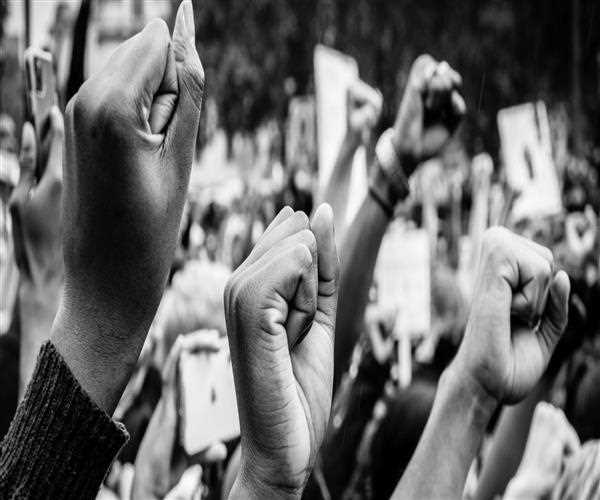A non-democratic society is one in which the people have no say over how their government is run. To put it another way, a society that is not democratic in nature is one in which the government is not elected by the people and does not represent their interests. The government can be authoritarian, with a single leader wielding absolute power, or oligarchy, with a small group of people controlling the government. The government is not accountable to the people in either case.
There are many examples of societies that are not democratic.
One is the former Soviet Union, which was an authoritarian state with a single leader, Joseph Stalin. Another is North Korea, which is a communist state with a single leader, Kim Jong-un. Both of these countries have been accused of human rights violations.
There are also many societies that are oligarchies.
One example is Russia, which is controlled by a small group of people, known as the oligarchs. Another example is China, which is ruled by the Communist Party.
There are many advantages and disadvantages to living in a society that is not democratic.
One advantage is that the government may be more stable, because there is no need to worry about elections. Another advantage is that the government may be more efficient, because it does not have to answer to the people.
However, there are also many disadvantages to living in a society that is not democratic.
One of the biggest disadvantages is that the people do not have a say in how the government is run. This can lead to human rights violations, as well as corruption and abuse of power.
Democracy
is the most common type of rule because it seeks to protect freedom and choice by involving people at all levels. While it cannot be said that non-democratic countries always restrict people's basic freedoms, it is far too common, as evidenced by these five non-democratic countries.
Saudi Arabia, North Korea, Vietnam,
Jordan, and
China are the top five non-democratic countries.
